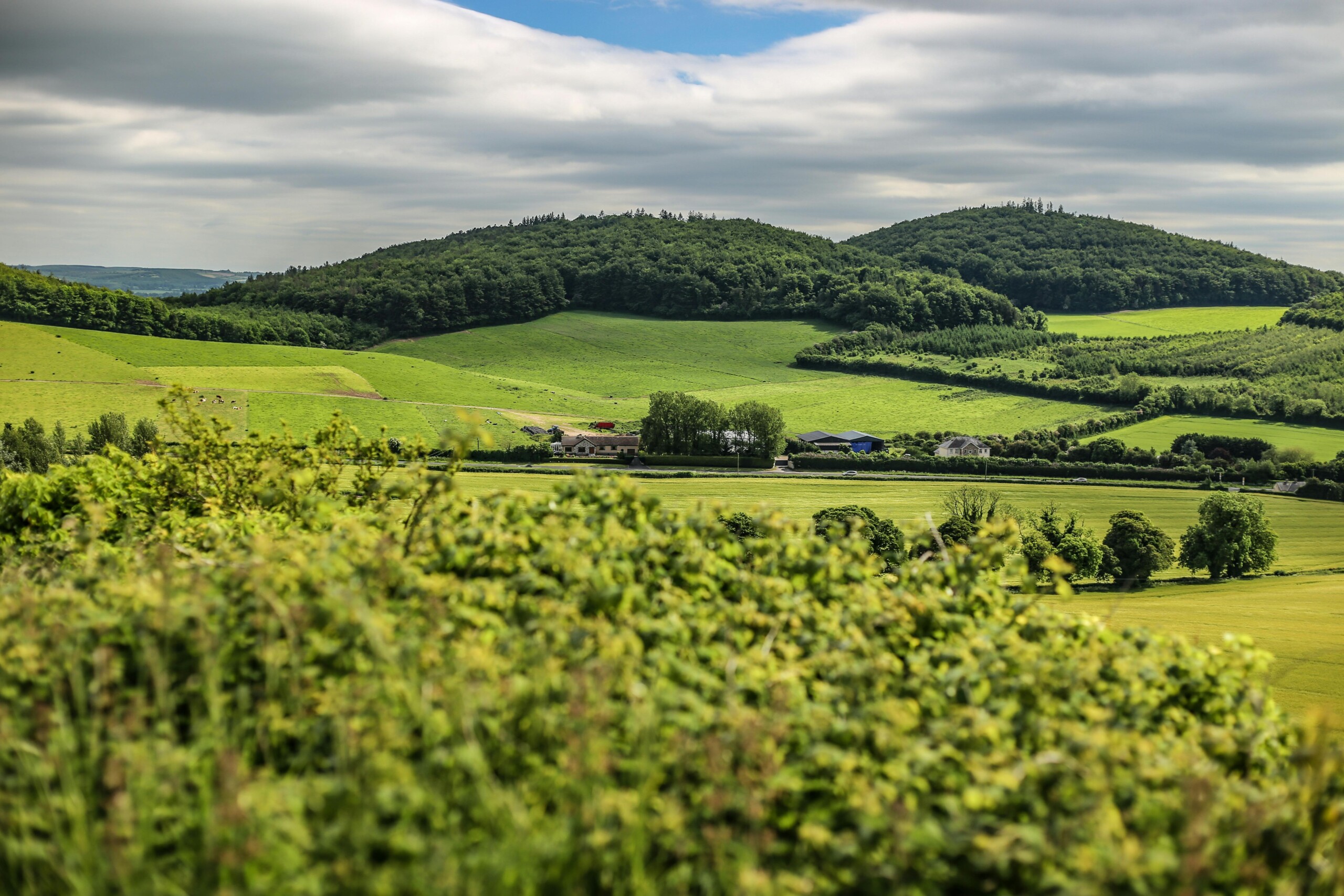As a collective, we know that we are facing a biodiversity crisis. Over 80% of crucial habitats in the EU have a poor or bad conservation status and global wildlife populations have declined by 69% in the last four decades. We also know how critical thriving ecosystems are for the wellness of the planet, our communities, and the broader economy. And yet, there’s a significant way to go to ensure that biodiversity restoration and preservation is being prioritised and funded.
There are lofty targets in place to reach biodiversity goals in the coming decades. In 2020, the EU instated their Biodiversity Strategy which outlines key biodiversity goals to hit by 2030. This strategy also feeds into the Global Biodiversity Framework (GBF), which outlines global targets. However, with an EU commission study highlighting a funding gap of 19 billion per year to reach EU biodiversity targets, support is needed from outside sources.
The private sector is understanding the critical role they play in supporting biodiversity goals and the overwhelming benefits of doing so. In this article, we’ll look at:
- The benefits of investing in biodiversity projects for businesses
- How other businesses have taken biodiversity action
The benefits of investing in biodiversity projects
In 2023, the University of Cambridge released a report outlining the significant benefits for companies choosing to invest in biodiversity projects and nature restoration. The benefits are twofold both for the private sector but also for our biodiversity and critical ecosystems:
Market benefits
Market benefits for business occur when a company invests in more sustainable products or services, thus creating new opportunities for profit. A more sustainable business offering can also attract new opportunities for investment within different industries, thus ensuring future innovation and profitability.
Operational benefits
Businesses can improve internal operations by taking a nature-positive approach. For example, they might be able to reduce production costs by investing in new ways to use natural resources in their production line more efficiently.
Reputational benefits
By reaching outside the business and working on local biodiversity projects, companies can create new relationships with national and local bodies. Collaborating on projects with local stakeholders increases business reputation while also giving back to local communities.
Mitigating risk
By not investing in biodiversity and the ecosystem services on which many industries rely on, companies are creating the risk of shortages of crucial services or raw materials needed to produce certain products or services. Even if the business itself doesn’t rely directly on these services, it’s likely that major disruptions in any industry will create knock-on effects for the global economy.
Ecosystem benefits
Investment in biodiversity and nature restoration has huge benefits for both the planet, local communities, and global and local economies. Not only does stabilising critical ecosystems reap huge benefits for humankind as a whole, businesses also benefit by sustaining the ecosystem services on which many industries rely on.
Local benefits
By investing in biodiversity, businesses can ensure job retention and creation for the local areas in which they operate. The EU’s Nature Restoration Law will require countries to generate restoration projects, which will ultimately create new jobs and opportunities for restoration organisations. Businesses can support local communities by investing in these critical projects.
Companies paving the way for biodiversity restoration
Companies have already taken significant steps to invest in critical biodiversity projects. Let’s take a look at some success stories and how they achieved impact:
Coca-Cola Europacific Partners
Coca-Cola Europacific Partners, the European bottler and distributor of Coca-Cola products, has made ambitious plans to preserve and replenish 100% of the water it sources to create its beverages. In 2022, the company invested in 21 water replenishment projects across Europe, resulting in the replenishment of 105.5% of the water they used to create their drinks.
Salesforce
Cloud-based software company, Salesforce, has developed a robust Nature Positive Strategy. The strategy details how the company will reduce their environmental impact and also invest in biodiversity restoration. A large part of this strategy involves committing investment into restoration projects globally. One such project was 1t.org, which they co-founded to help to protect and restore one trillion trees by 2030. Overall, they’ve committed over $1 million USD to biodiversity and restoration projects.
Workday
Enterprise Management Cloud provider, Workday, places significant value on corporate responsibility and focuses on supporting communities and sustainability projects through considered investment. The company recently joined Frontier, a $1 billion advance market commitment to buy permanent carbon removal. More locally, the company invested $1 million USD in two nature restoration projects supporting mangrove reforestation in Mexico and Kenya.
Iberdrola
Renewable energy company, Iberdrola, has strong sustainability goals including reaching carbon neutrality by 2030, to have a net-positive impact on biodiversity by 2030 and net-zero emissions by 2040. They also invest in a multitude of local biodiversity restoration and preservation projects. This includes the environmental protection plan of the Núñez de Balboa Photovoltaic Plant, a clean energy provider to over 250,000 homes in Spain. The plan also aims to protect and conserve local biodiversity by focusing on the conservation of endemic flora, shelter and food for local fauna, and promotion of ecosystem services.
EDF
French electric company, EDF, has gone above and beyond its regulatory requirements in the restoration of the Romanche-Gavet facility in France. This project has seen the company invest in the restoring of local plant species to riverbanks. It has also enabled local fish species to swim and spawn along the entire length of the river.
Cemex
Construction company Cemex has invested in water-based restoration solutions in the Pastor clay quarry in Spain. By actively supporting the site to retain water, the project has improved soil conditions after drought and provided huge benefits to biodiversity in the area thanks to the creation of a new wetland. Plants and wildlife have thrived thanks to the restored ecosystem, including protected bird species such as warblers and owls.
First steps for businesses looking to invest in biodiversity
While other companies are achieving tangible success in the area, many individuals may be wondering where their business should start. Here are some steps any company can take to start committing to biodiversity action:
- Start with a plan: The first step is to commit to biodiversity action. Outline a strategy to invest in key biodiversity projects and identify the steps needed to facilitate this investment into local projects and communities.
- Go outwards: Build relationships with local and governmental bodies. Businesses can support national bodies by investing in projects developed by national bodies in line with EU Nature Restoration Plans. Reach out to local experts and companies invested in securing funding for high-quality and measurable biodiversity projects.
- Commit funding: Make sure your business is committing enough funds to make a significant impact on biodiversity projects. Putting a legal framework in place internally can ensure a smooth funding process for projects.
- Build frameworks: Ensure your business is investing in biodiversity. Make sure your investments are in line with national and international regulation. These include the GBF and the EU’s biodiversity strategy.
It’s in the interest of people, governments and private companies to come together and work towards the preservation of biodiversity. On our planet, everything is circular. By working together, we can ensure healthy ecosystems remain in place to support our communities, our economy and the planet at large.
Dulra is developing a cutting-edge AI data management platform designed to help nature-based solution projects secure funding by converting raw ecological, climate and socio-economic data into actionable reports for funders. Learn more.





